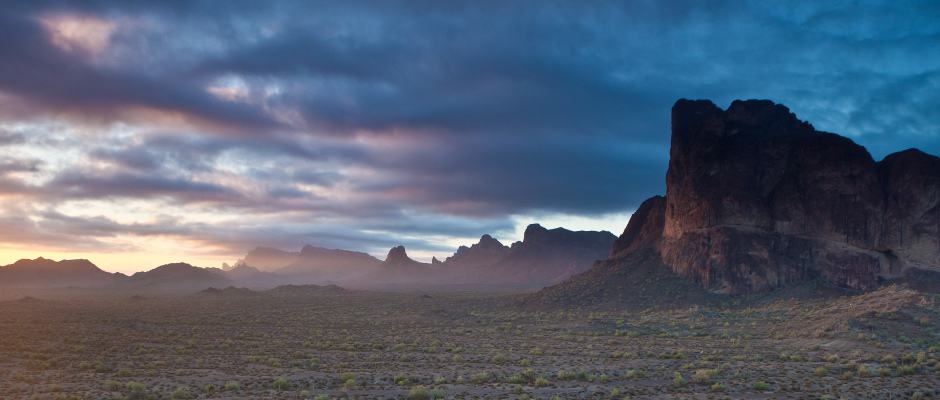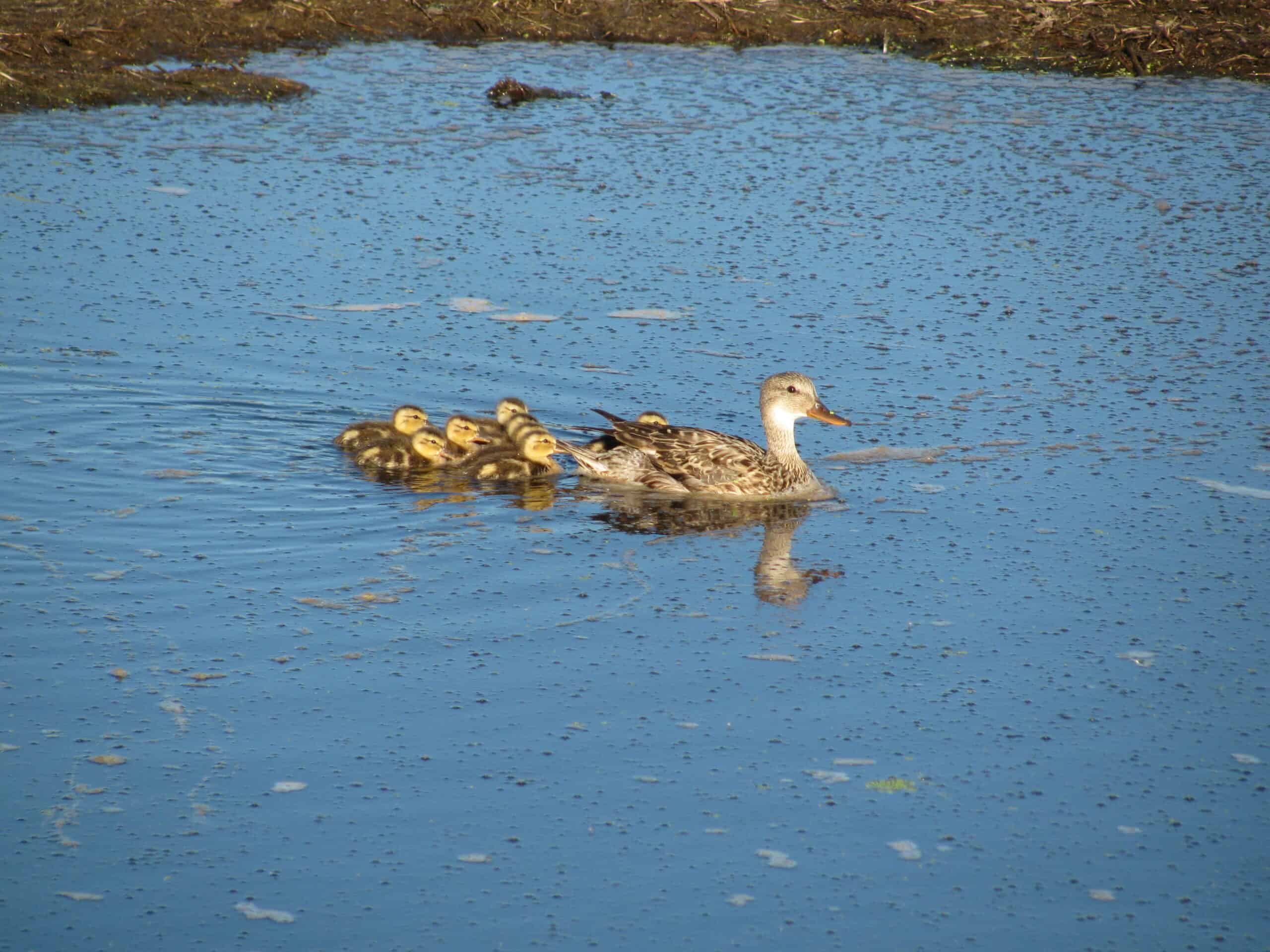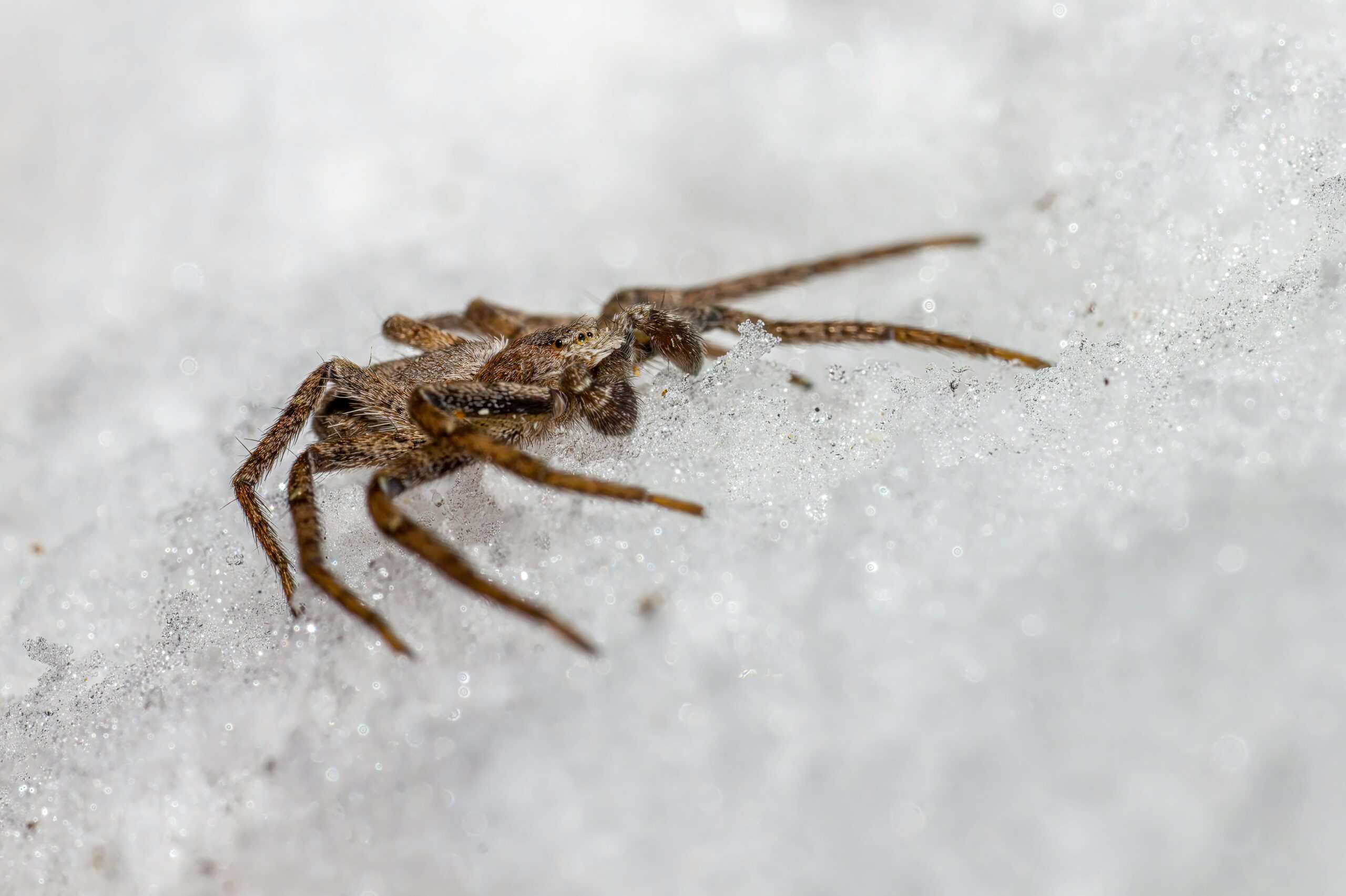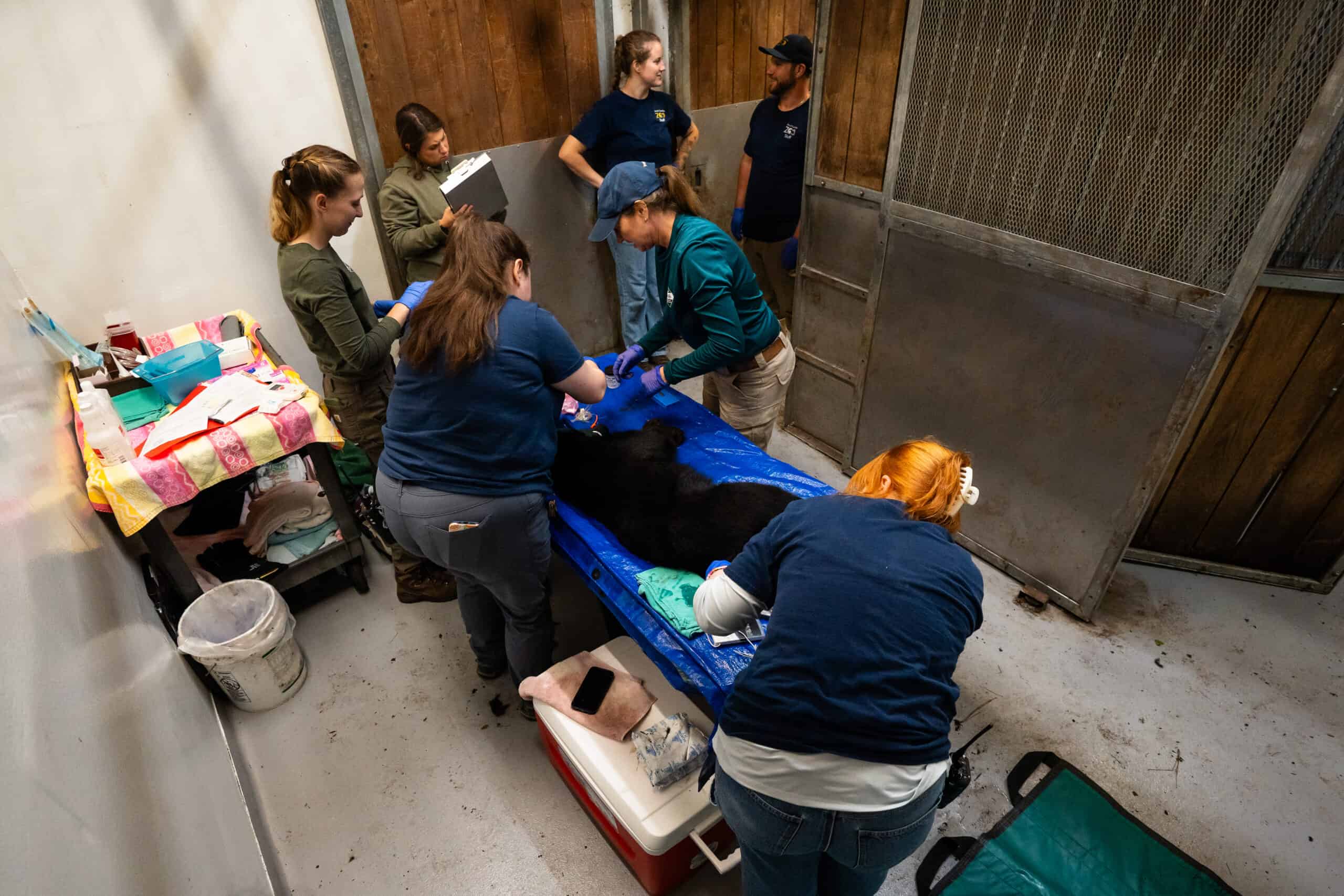Share this article
USFS, TWS Launch Program for Native American Students
The U.S. Forest Service and The Wildlife Society are excited to launch a Native American Professional Development Program, which will provide valuable knowledge to Native American students who are interested in becoming wildlife biologists. The program will allow students to learn and gain beneficial hand-on experience while working with a wildlife professional on the approved project.
The USFS has worked closely with TWS to develop mentoring opportunities for Native American students to work as research assistants with USFS Research & Development (R&D) scientists. R&D funding will be used to provide living stipends for upper-level undergraduate (juniors or seniors) and graduate students during their mentorship, while TWS will provide administrative support and coordination.
Four students have been selected for research assistantships, which will last for approximately 14 weeks, beginning in late spring of 2015 and running through late summer of 2015.
Raymond Gutteriez, a graduate student at SUNY-ESF, and Jessica Lackey, a graduate student at the University of Minnesota – Twin Cities, will be mentored by Jonathan Long, Research Ecologist at the Pacific Southwest Research Station. Their project topic will be “Restoring California black oak to support tribal values and wildlife habitat in the Sierra Nevada.”
Alayna Johnson, a student at the University of Minnesota – Morris, has been paired with mentor Deahn Donner, Research Ecologist and Project Leader at USFS Northern Research Station, and will be working on “Tracking post-emergence movements of Myotis spp. to uncover habitat preferences and potential migratory routes.
Jacob Naranjo, a student at New Mexico State University, will be working on the “Kings River Fisher Project – Ecology and Habitat Requirements” and will be mentored by Kathryn Purcell, .
The Professional Development Program will facilitate mentoring opportunities and promote student advancement and training for careers in natural resource and conservation-related fields. After completing the assistantship, students will submit a report to the USFS and TWS detailing their learning experience.
“We are excited about supporting the TWS Native American Professional Development Program through these experiential opportunities for wildlife biology students,” said Monica Tomosy, National Wildlife Research Program Leader in the USDA Forest Service.
“The four students come with impressive backgrounds and the opportunity to work with our agency’s professional research scientists will help them develop the skills and knowledge necessary for a career in wildlife and natural resource stewardship
The USDA Forest Service is keen to integrate Native American managers, biologists, and scientists, because their traditional ecological knowledge (TEK) combined with modern science holds promises for us as we broaden our understanding of sustainable ecosystem function.
Because these student/scientist relationships are based in natural resource questions relevant to Native American communities as well as to public trust managers, the relationships built here can open many doors for knowledge exchange, resource management, and the students’ career development.”
TWS Native People’s Wildlife Management Working Group also provides educational and networking opportunities for Native Americans. They are very thankful for the support of Native American students interested in wildlife biology and management. For more information on the working group click here.
As a premier partner of TWS, the USFS also provides funding for travel grants to Native American students to attend TWS Annual Conference. The USFS and TWS would like to extend their thanks to the scientists who submitted project proposals and to the individuals who will be mentoring the four students in this year’s program.
Header Image: Image Credit, BLM








